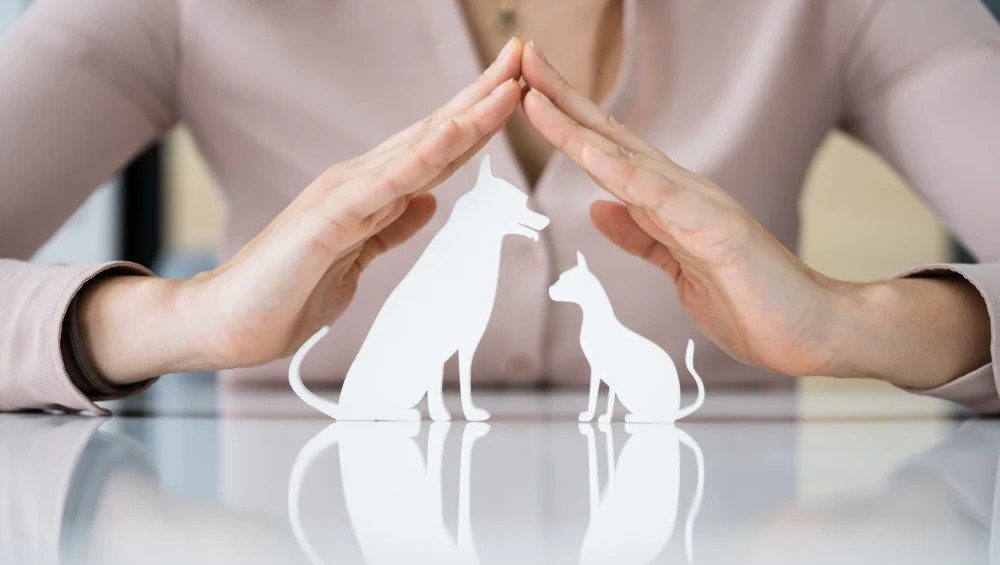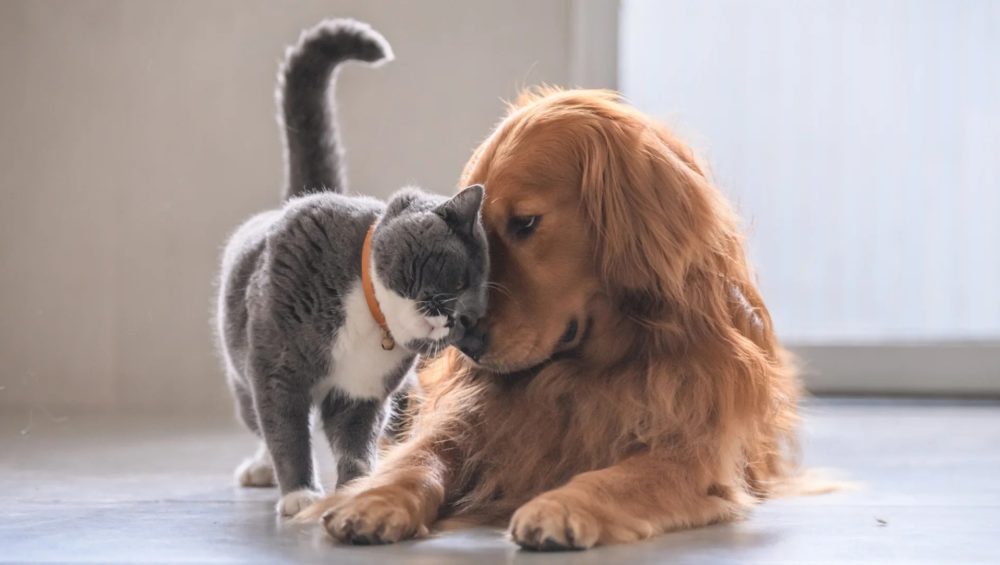If you have a pet, you are aware of the happiness and companionship that animal friends can bring into your life. Your pet becomes a beloved member of your family, whether it is a devoted dog, a mischievous cat, or any other adored creature. Pets offer solace, joy, and countless priceless moments with their unwavering love.
But it’s also our duty as pet owners to look out for the welfare of our furry family members. Consideration of pet insurance is one means of achieving that. We’ll discuss pet insurance in this blog post, including what it is, why it’s crucial, and how it can give you and your cherished pets both financial and emotional security.
How does pet insurance work in the USA?
A specialized form of insurance called pet insurance is made to pay for your pets’ veterinary care. You pay your pet’s medical bills up front using the reimbursement model and then submit a claim to the insurance company for a partial or full reimbursement, depending on your policy.
Why is pet insurance important in the USA?
Money Safety Net: Pets can experience unexpected illness or injury, just like humans. The price of veterinary care, which includes operations, prescription drugs, and ongoing treatments, can be high. Pet insurance makes sure your pet receives the necessary care without breaking the bank, easing the financial burden.
Access to High-Quality Care: With pet insurance, you can afford to give your furry friend the best care possible. Due to financial limitations, you won’t have to cut back on the level of care your pet receives.
Peace of Mind: Possessing insurance protection can give you a sense of security. You won’t have to choose between expensive treatments for your pet’s health and what’s best for their welfare.
Protection from the Unexpected: Illnesses and accidents can occur at any time. In an emergency, pet insurance can save your life by ensuring that your pet receives prompt and effective care.
What does pet insurance cover?
Even though insurance policies can differ, most provide coverage for the following:Accidents, protection against harm brought on by mishaps like motor vehicle collisions, slips and falls, or ingestion of foreign objects .Coverage for ailments such as infections, digestive problems, and chronic conditions.
Hospitalization and Surgery: Coverage for hospital stays, surgical procedures, and post-operative care
Prescription Drugs: Payment for any prescription drugs that are required for your pet’s treatment.
Preventive Care: Some insurance plans include optional coverage for annual physicals, immunizations, and other preventive procedures.
Choosing the Right Pet Insurance Policy in the USA
There are several things to take into account when choosing a pet insurance policy, including:
Coverage: Examine the policy’s coverage to make sure it satisfies your pet’s particular requirements, whether they relate to illnesses, accidents, or preventive care.Know your deductible (the amount you must pay before insurance coverage begins) and your reimbursement percentage (the percentage of your expenses that the insurance provider will cover).
Premium Costs: Take into account how the monthly or yearly premium costs will affect your budget.You should be aware of any exclusions, waiting periods, and coverage restrictions. Age and breed limitations are present in some policies.
Customer Reviews: Check the reputation of the insurance provider, read customer testimonials, and seek advice from other pet owners.
A wise investment in the health and happiness of your furry family members is pet insurance. It provides assurance that you can give your pet the best care when they need it most, as well as peace of mind and financial security. As responsible pet owners, it is our responsibility to safeguard and care for our animals, and purchasing pet insurance is an efficient and considerate way to do so.
If you haven’t done so already, think about looking into various pet insurance options and finding a plan that works for both you and your pet’s needs. Pet insurance can help you give your pet a lifetime of love and care because your pet’s wellbeing is worth every effort.
Invest in pet insurance right away, and you can relax knowing that you’ve done your part to protect the wellbeing and health of your cherished animal companion.






